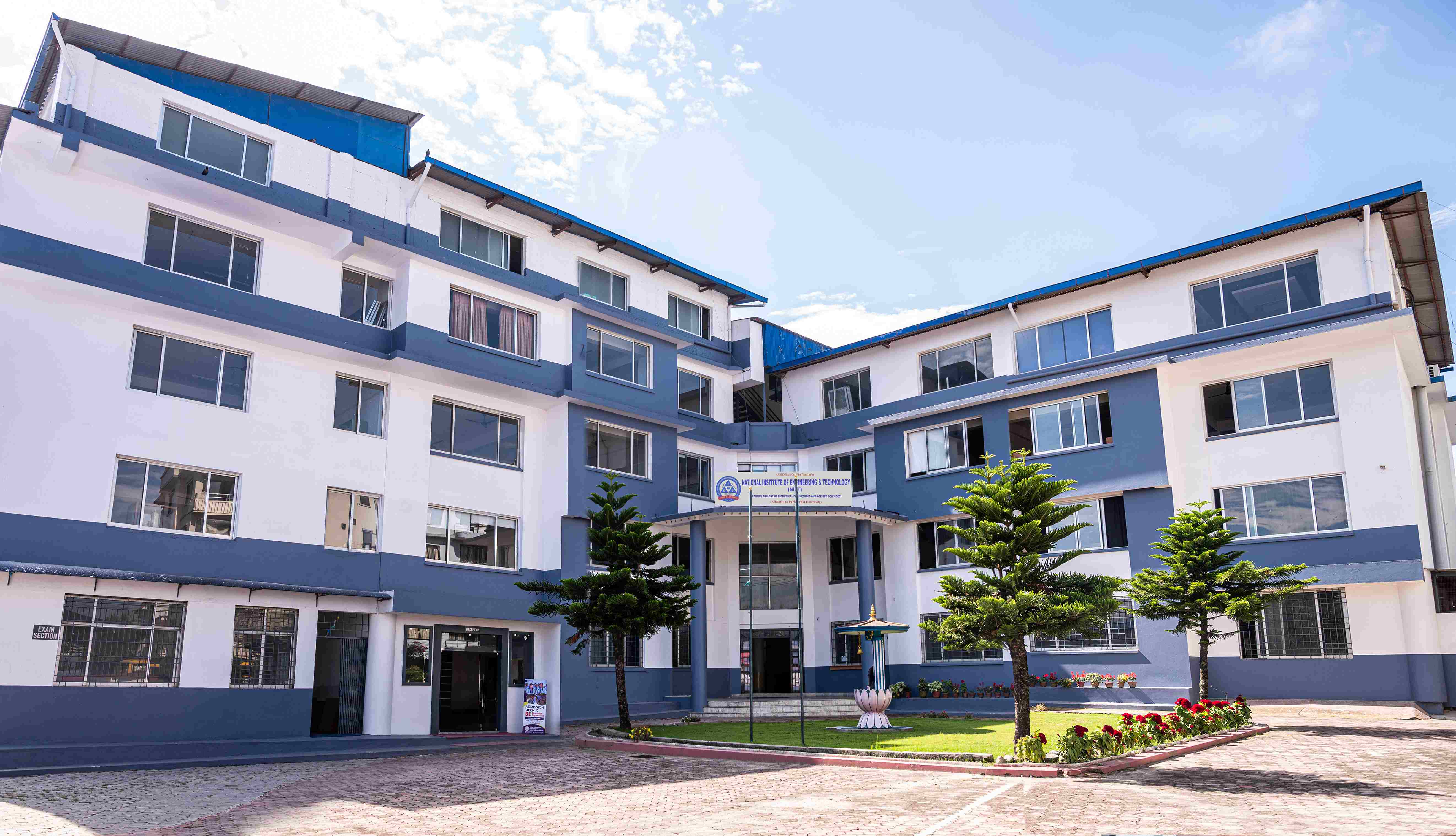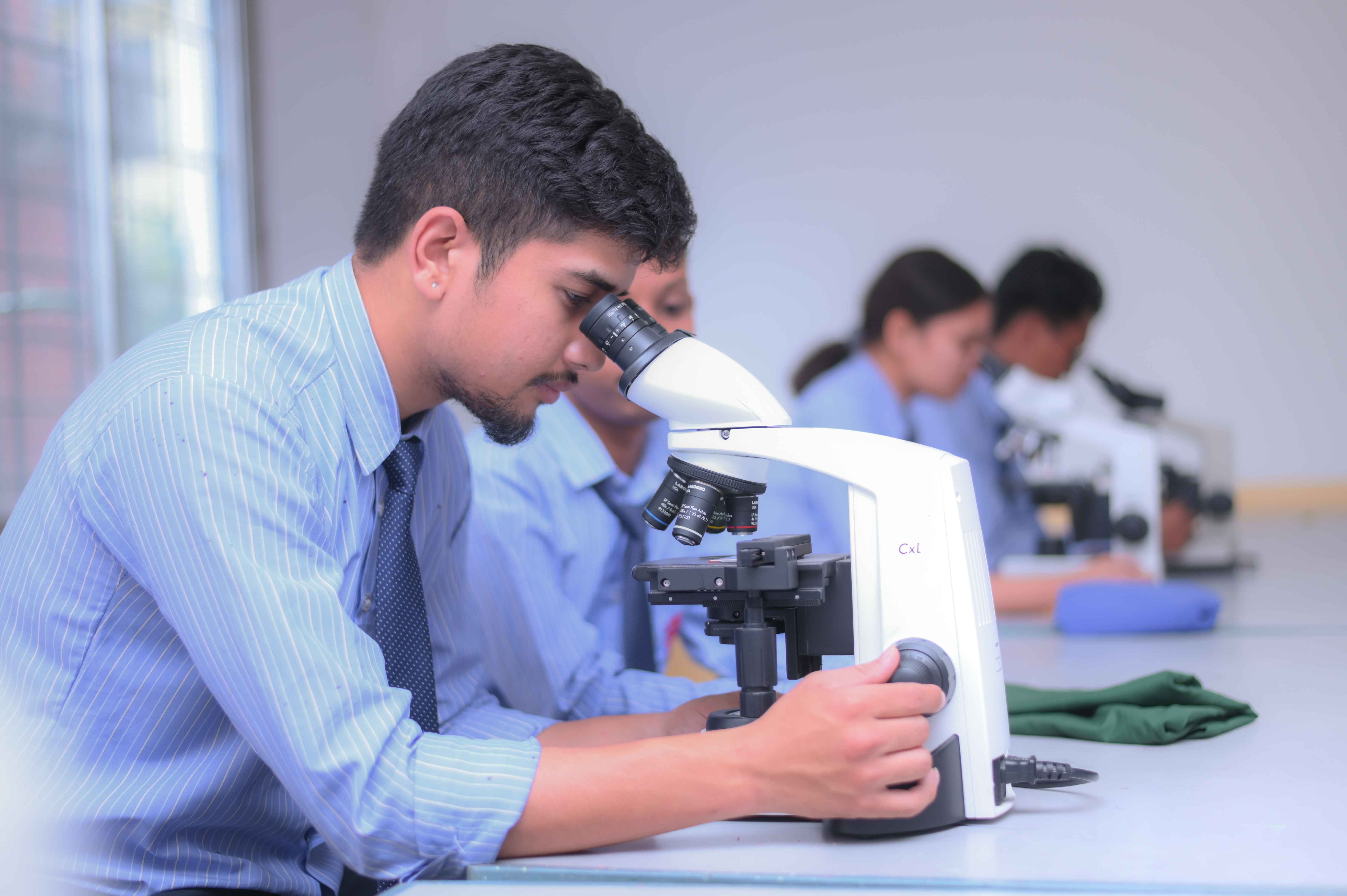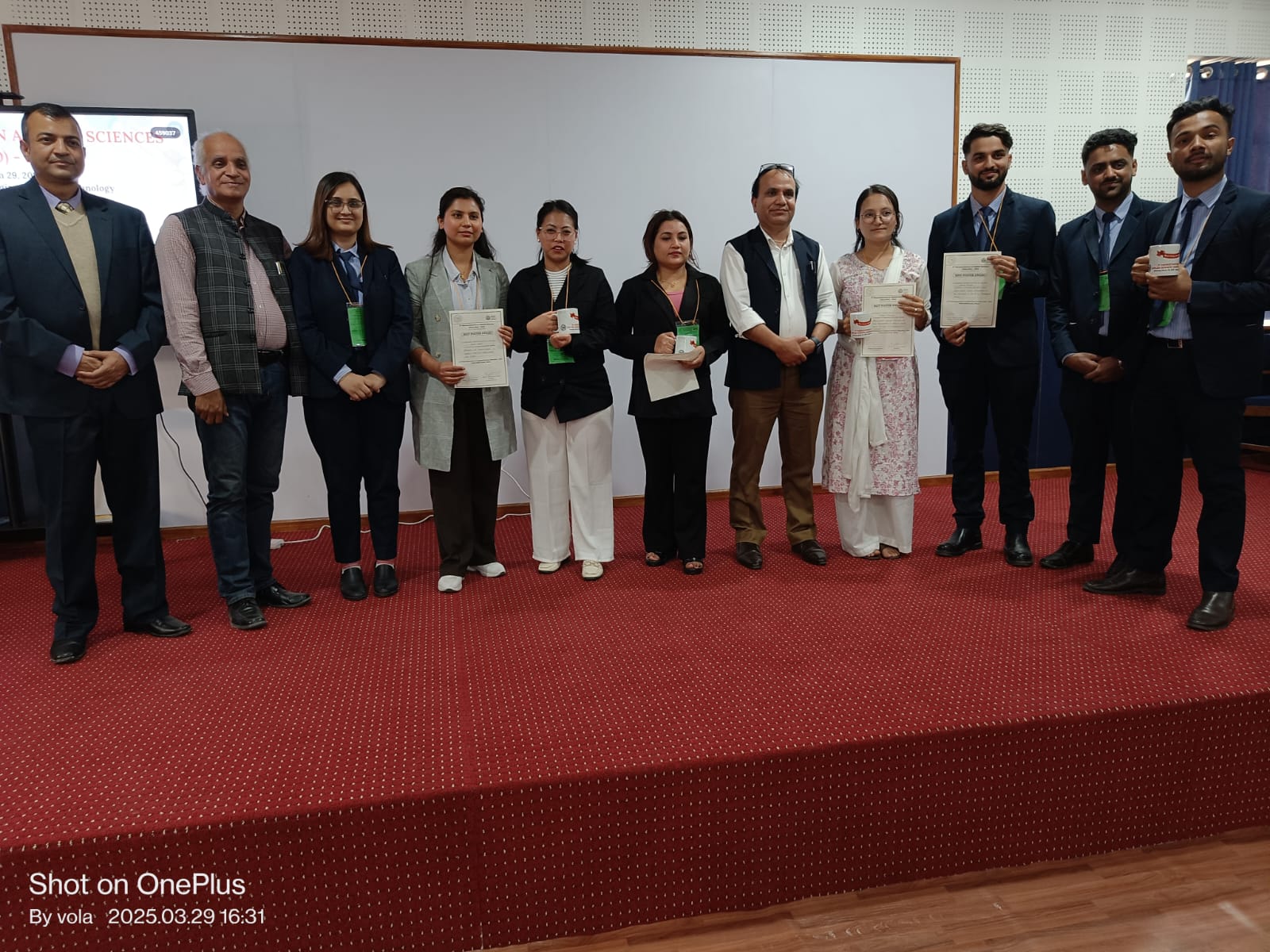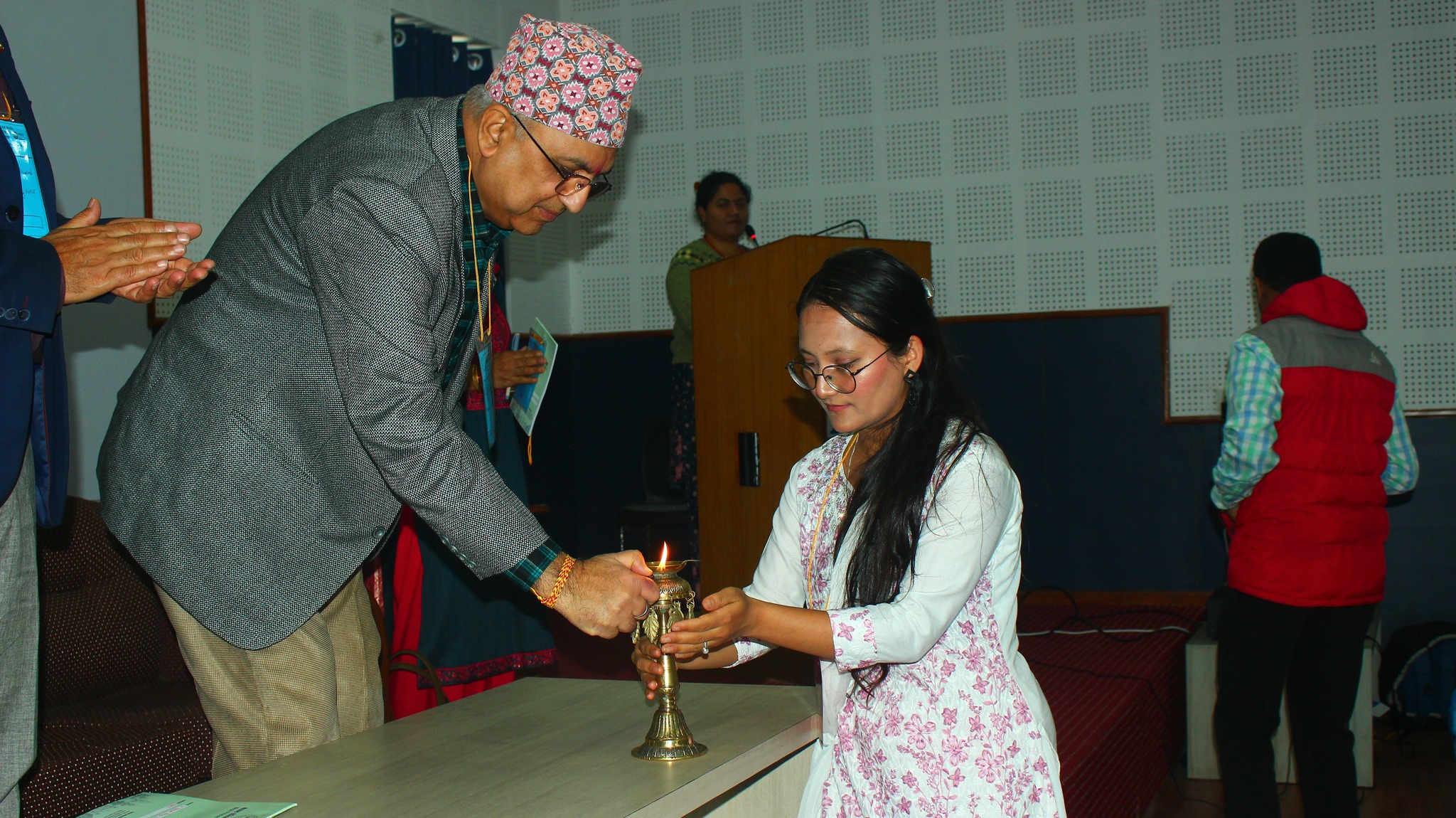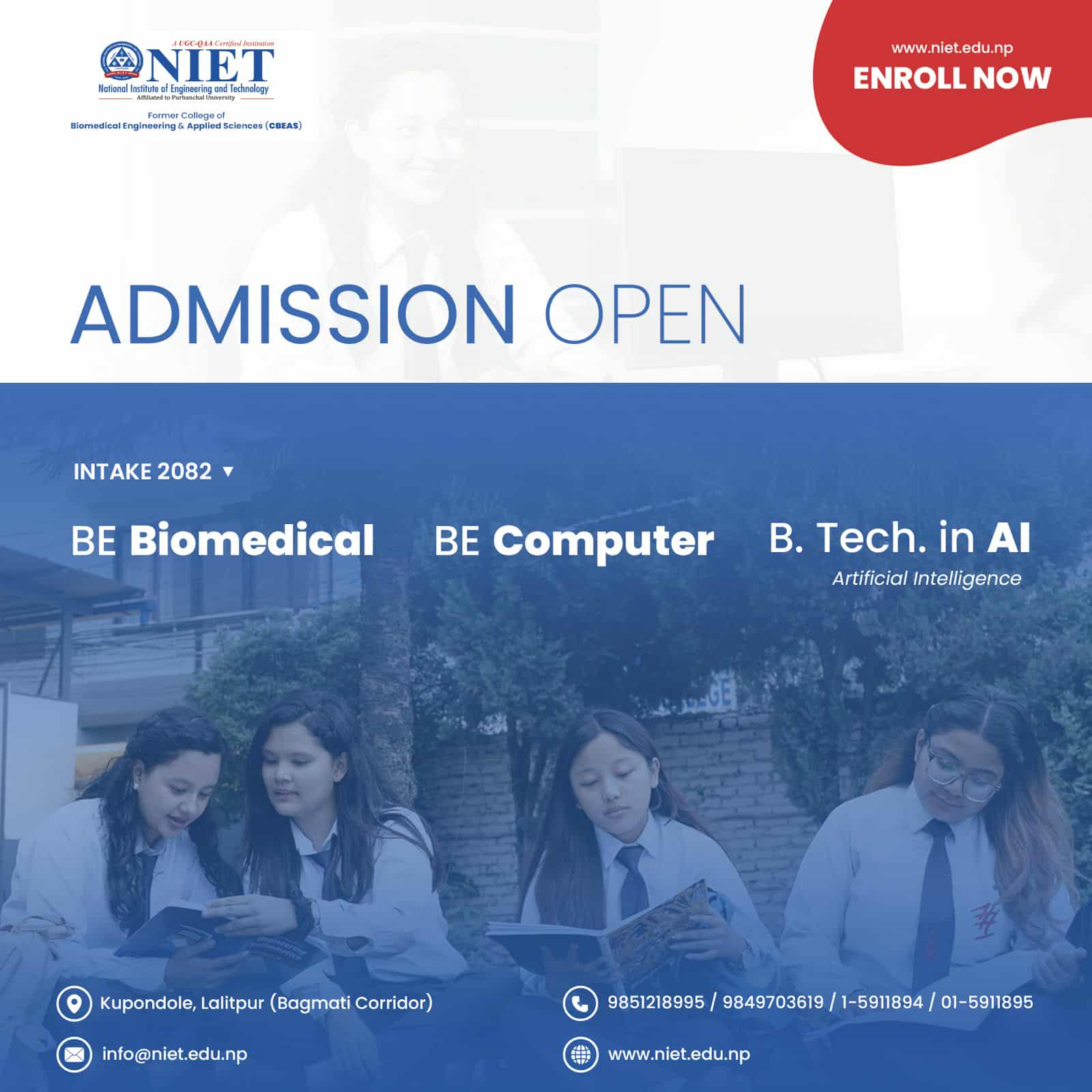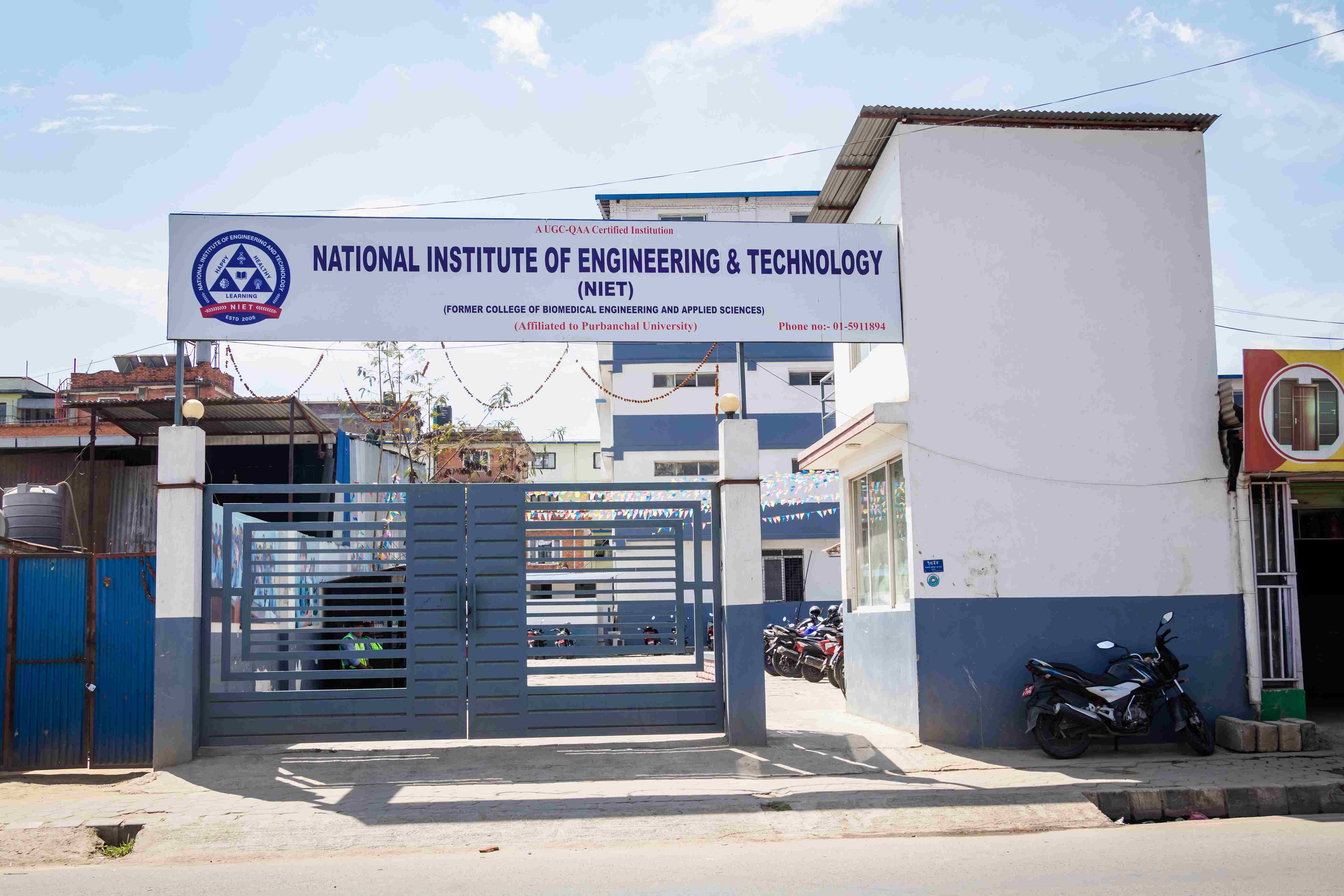
NIET
NIET is the one & only college for Biomedical Engineering in Nepal.
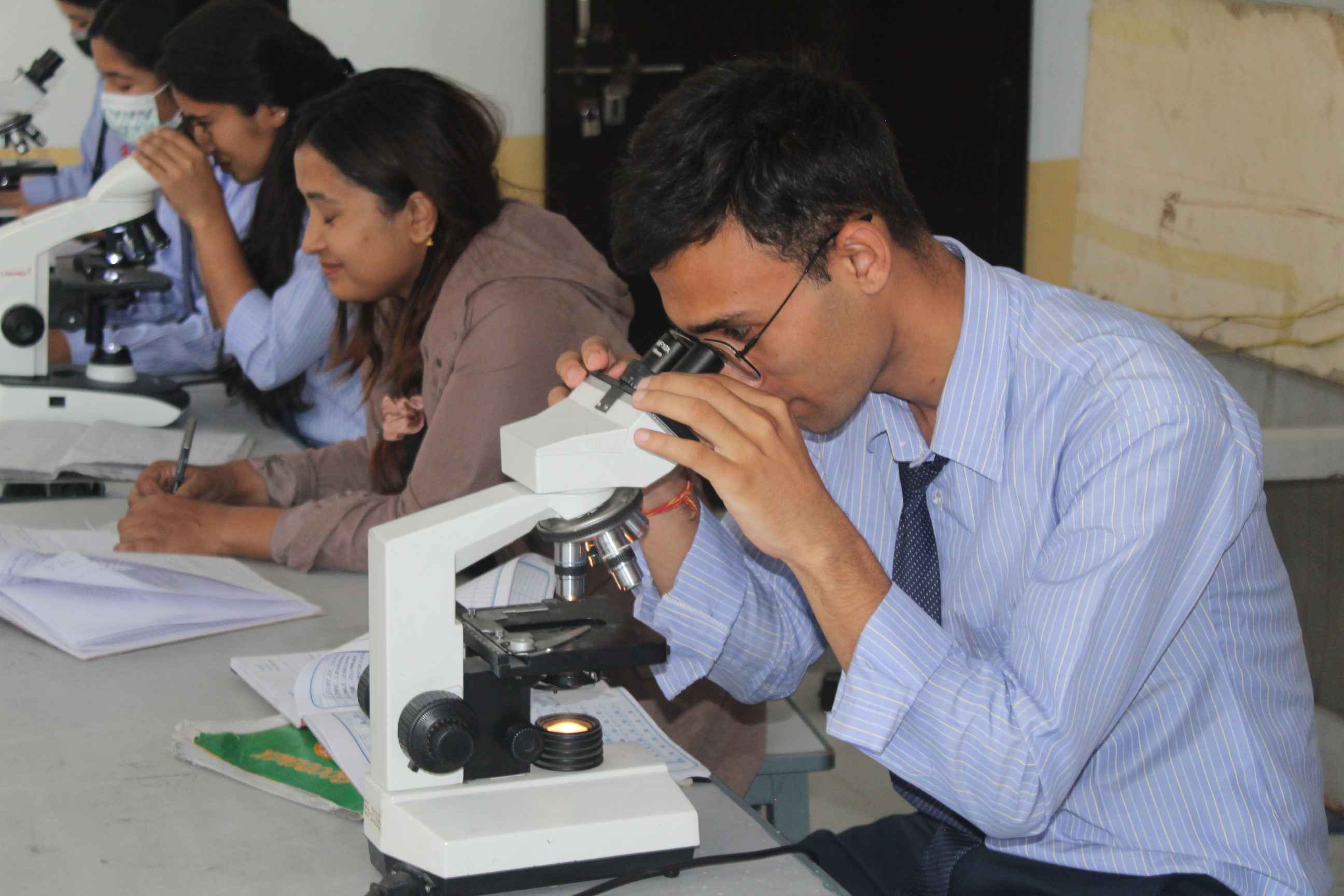
NIET
Studying biomedical engineering provides students with the skills to innovate in the healthcare system, advance scientific knowledge, and make a positive impact on people's lives, making it an attractive option for many aspiring engineers and scientists.
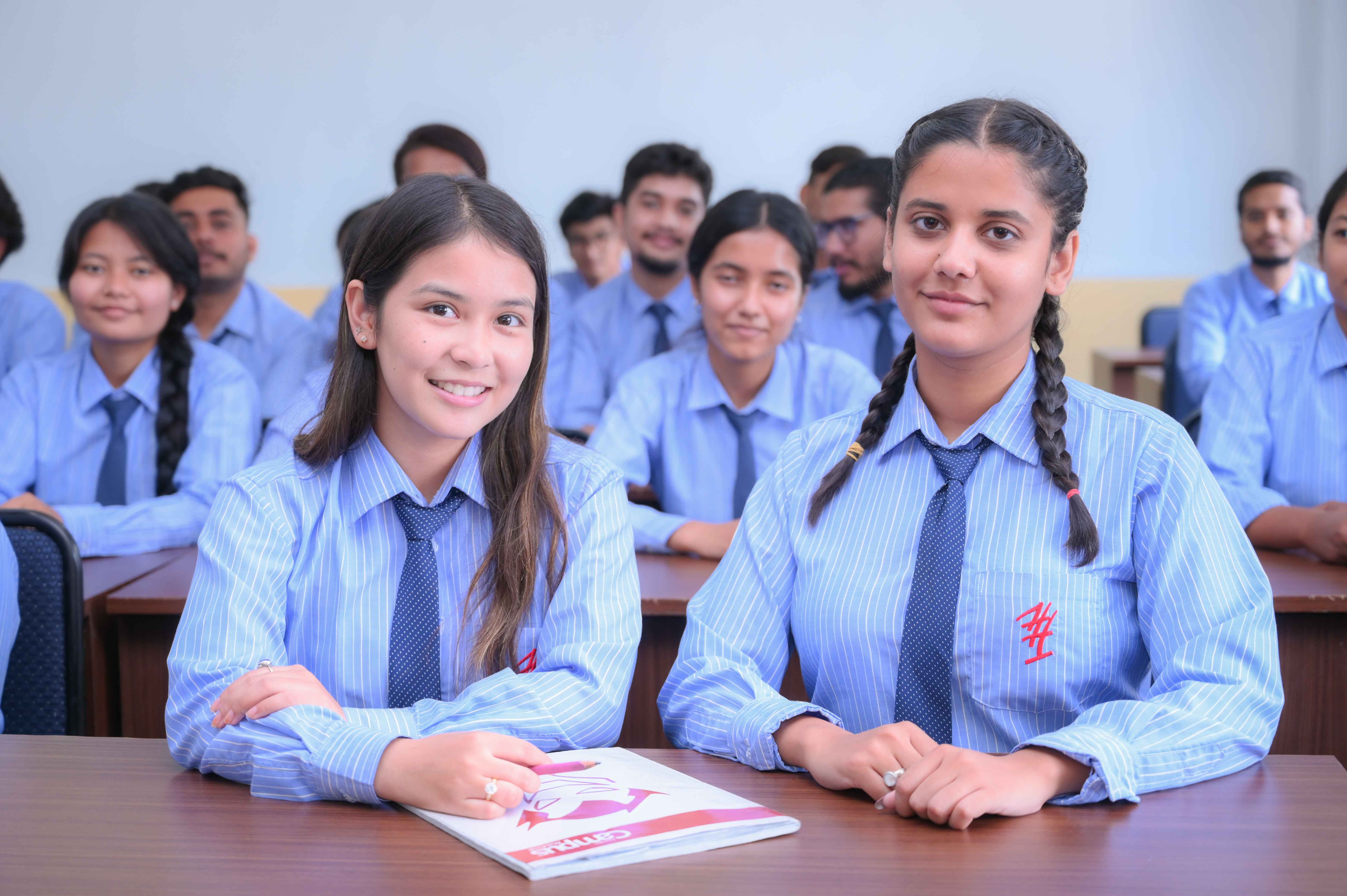
NIET
We provide practical exposure to our students in various hospitals and institutions, within and outside the Kathmandu Valley, to enhance their skills and knowledge in hospital equipment.

NIET
NIET supports and encourages participation in sports and other extra curricular skillful activities.
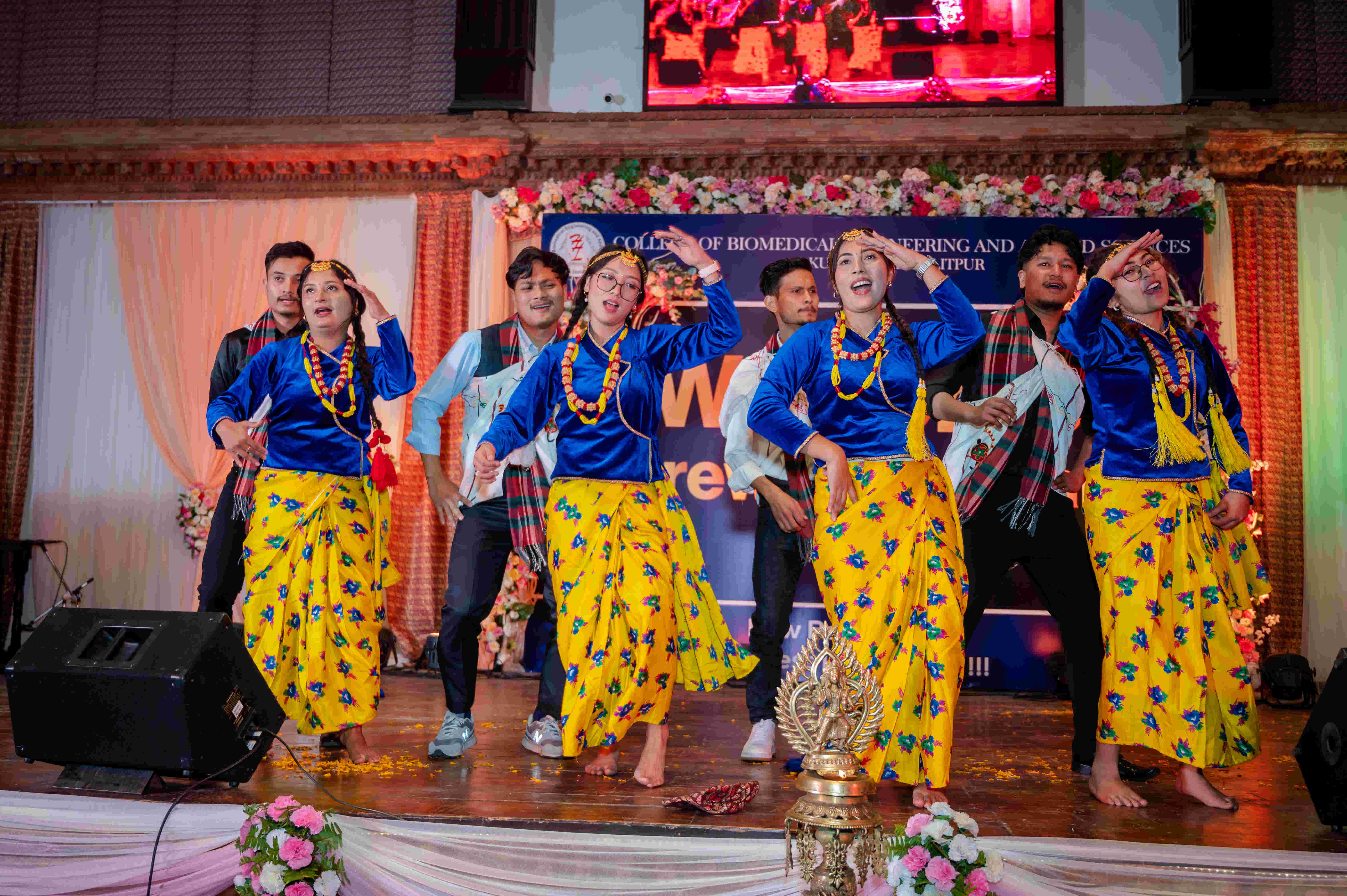
NIET
